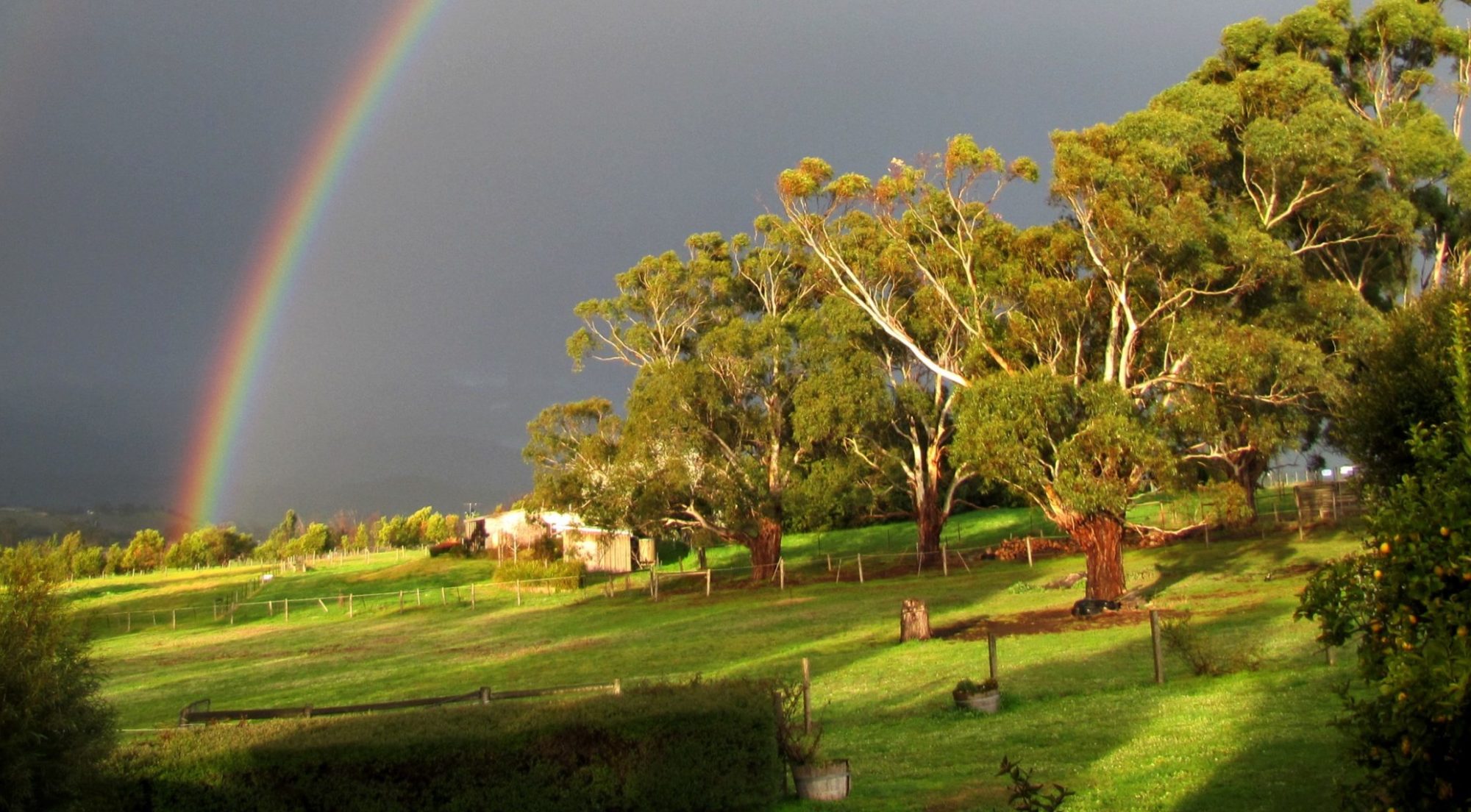To help us understand and simplify situations in our lives, we tend to feel more comfortable putting our thoughts and ideas into little boxes in our mind where there are no loose ends and everything is nicely wrapped and stored.
While the developed doctrine of the Trinity is not explicit in the books that constitute the New Testament, it was first formulated as early Christians attempted to understand the relationship between Jesus and God in their scriptural documents and prior traditions.
The concept of the Holy Trinity does tend to compartmentalise God and supposedly give us an understanding of who God is and what, we as humanity, can obtain in the way of spiritual gifts and support. In my opinion, this concept does God an injustice by seriously reducing our understanding of our God to just three entities that tend to specifically just target humanity.
The Creation Story tells of the fascinating beginning of our universe and how this earthly planet was set up for us, prior to the creation of humans. In reducing our God to just 3 specifically human centred entities, it seems we are selfishly looking purely at what humanity can get from God, rather than having a broader understanding of the extent of God’s greatness.
I think it is immaterial whether you see the Creation Story in Genesis as a period of seven days of 24 hours, or periods of extended geological ages. However, I think it is important to note, that when creation began, one of the first things to happen was that God created light, before He created the sun and the moon and therefore deserves the title often given as, ‘The Light of the World’.
After preparing the earth for our existence, it is interesting that God uses the phrase, “Let us make man in our own image.” It seems this has to be a reference to the presence at the time of ‘The Christ’ (‘In the beginning was the Word’) and ‘The Holy Spirit’ (‘God’s Spirit hovered over the water’).
While God ensured that His creations would continue to regenerate themselves, it is said, He felt good about His work and rested. It seems that to ensure their survival, His creations still needed to have some form of maintenance and there still needed to be an on-going management of each of His projects. I think this role fell to the Holy Spirit.
After the Resurrection, before he left them, Jesus could see his disciples were unsure about how they would continue the work for which He had trained them. He told them to remain together and He would send them ‘The Paraclete’, the Spirit of Truth. The word ‘Paraclete’ is derived from Greek and Latin words meaning, advocate; helper; comforter.
On the day of Pentecost, when it is said the Holy Spirt descended on the Disciples, we read how the event was accompanied by a strong wind and the appearance of what appeared to be tongues of fire on each of the Disciples. At the Baptism of Jesus at the commencement of His public live we read how the Holy Spirit was seen as a dove and Jesus was filled with the Spirit.
The point I am alluding to here is that, as I see it, The Holy Spirit, as God, has many more roles to perform than just looking after us humans as an advocate and comforter and suppling us with spiritual gifts upon request. The ‘Spirit of the Universe’ must keep the sun, moon and planets, including our Earth, revolving and moving in unison so all remains balanced. The ‘Spirit of the Elements’ controls the effective distribution of items such as our atmosphere, the wind, water and fire, to enable, not only our survival, but a continued on-going food availability. The ‘Spirit of Growth’ interacts with all of Earth’s creation to enable the circle of life to be enacted. The ‘Spirit of the Creatures’ cares for everything that moves on our land, in the sea and the skies.
The Spirit of the Elements and the Spirit of the Creatures appear in both the Pentecost story and the Baptism of Jesus where we see different aspects of the Holy Spirit being presented. In looking at our lives and our environment, it becomes obvious that different facets of the one Holy Spirit are continually working together for our help and support.
Without the continuation of God’s love for all that has been created, nothing would survive. From the smallest ant colony working together to maintain its food supply to every live blade of grass and each molecule of sap travelling through a tree trunk, we see the presence of a loving God. We are all a part of the on-going creation story. We are all in this life together.
God’s love continues to be offered to maintain our survival, yet, we humans persist in taking it on ourselves to disrupt this process. We kill each other, we pollute our planet, we poison our environment and we fail to recognise our future can only be assured by us loving each other and all aspects of that which has been created for us. Do we have to wait until we pollute all the rivers and seas and remove all the trees to realise, we can’t eat money?
The Father might have rested on the seventh day, but The Holy Spirit has been active ever since. Jesus came to confirm the simple message that we must love one another as The Father loves us.
As we take a breath occasionally, it might be a good practice to say a big ‘thank you’ to our God for all we have been given.
I’m Pete and that’s faith.
